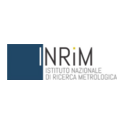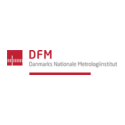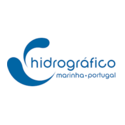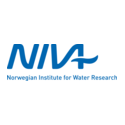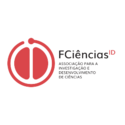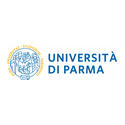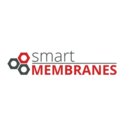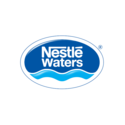In short
Every year, over 200 million tons of plastic waste pollute our environment, posing risks to human health. The PlasticTrace project seeks to identify and analyse micro- and nanoplastics in food and the environment, aiding pollution control and promoting safer practices in industries like food packaging and water management, ultimately safeguarding our well-being. The size, composition and concentration of the plastic particles will be measured in drinking and surface water, sewage sludge and milk.
Project description
Every year, around two-thirds of the 359 million tonnes of global plastic production finds its way into the environment, where it transforms into microplastics (SMPs) and even smaller nanoplastics (NPs). These particles accumulate in ecosystems, presenting challenges for their identification and measurement, especially in environments with numerous similar-sized particles.
PlasticTrace is a European project gathering 23 partners, including metrology and research institutes, universities and partners from industry. PlasticTrace aims to create novel analytical and complementary methods for measuring and characterising SMP/NPs in complex matrices, accounting for number concentration, composition, size distribution and morphology. For this project, we develop new reference materials, representative of partially degraded/naturally aged SMP and NP, as found in the environment. In addition, we establish sample preparation methods and a good practice guide for measuring and characterising SMP/NPs in food and the environment. For this project, Sciensano’s scientists particularly develop electron-microscopy methods to measure the size and shape of various types of SMP and NP. We participate to an interlaboratory comparison to assess the validity and applicability of the developed methods and reference materials. The new methodologies, developed within the PlasticTrace project, enable traceable monitoring of SMP/NPs, supporting decision-making and mitigation measures around plastic pollution. It also supports future technologies, such as biodegradable bioplastics, and improvements to the health impacts of industries such as food packaging and water management.
Sciensano's project investigator(s):
Service(s) working on this project
Partners
